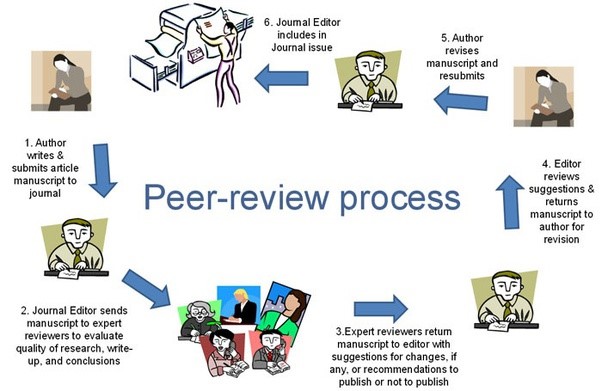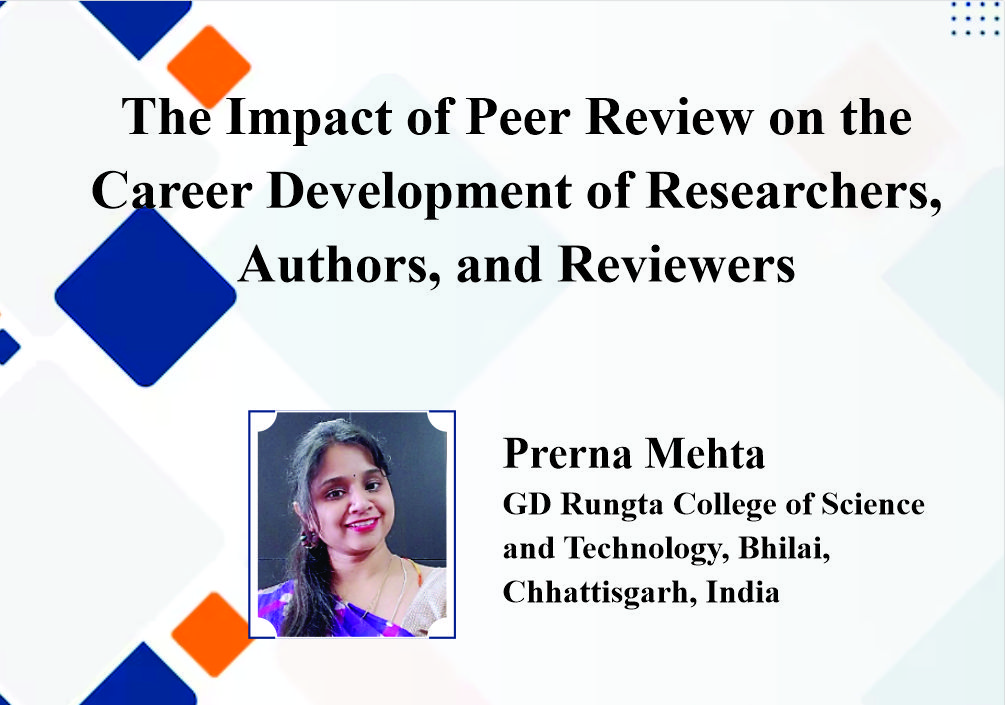Peer review is often heralded as the cornerstone of academic publishing, serving as a rigorous yet necessary process to uphold the quality of research disseminated in scholarly journals. Yet, its influence extends far beyond the mere validation of scientific work; it plays a pivotal role in shaping the careers of researchers, authors, and reviewers alike. Understanding this impact can provide valuable insights into how we navigate and contribute to the academic landscape.

- Elevating Research Quality and Credibility
For researchers and authors, undergoing peer review is a rite of passage that is instrumental in establishing credibility in their respective fields. A well-reviewed manuscript not only signifies adherence to high academic standards but also enhances the author’s professional reputation. Acceptance in a reputable journal is often a milestone in researchers’ careers, as this recognition can lead to grants, promotions, and collaborative opportunities. The peer review process provides a platform for authors to engage more profoundly with their research, refining their arguments and methodologies under the critical eye of their peers.
- Constructive Feedback and Skill Development
The iterative nature of peer review fosters an environment of continuous improvement. Reviewers provide constructive feedback that not only elevates the quality of the work submitted but also helps authors hone their skills in scientific writing, critical thinking, and data interpretation. Authors receive specific insights that facilitate learning, allowing them to address potential weaknesses in their studies. This educational aspect of peer review is invaluable, especially for early-career researchers who are still developing their academic voice.
- Networking and Collaboration Opportunities
Participating in the peer review process also opens up avenues for networking and professional growth. As authors engage with reviewers’ comments and critiques, they often find themselves establishing connections that could lead to future collaborations. Likewise, reviewers gain firsthand knowledge of cutting-edge research, enhancing their understanding of emerging trends in their field. Such interactions can lead to partnerships that strengthen research initiatives and broaden the scope of inquiry.
- Reviewers: The Unsung Heroes
For reviewers, the peer review process serves as a form of professional development. Engaging critically with the work of others sharpens their analytical skills and broadens their expertise. As they evaluate manuscripts, reviewers stay at the forefront of new research, which can directly inform their own studies and enhance their scholarly contributions. Gaining recognition as a reputable reviewer can elevate one’s standing in the academic community, leading to invitations for editorial board positions or keynote speaking engagements.
- Challenges Faced in Peer Review
Despite its benefits, the peer review process is not without challenges. The increasing number of submissions and the pressure on journals to maintain rapid publication times can compromise the thoroughness of reviews. Issues such as reviewer fatigue, potential biases, and the occasional lack of constructive criticism can detract from the process and, in some cases, impact the career trajectories of authors negatively. Recognizing these challenges is essential for refining the peer review system and ensuring that it meets the evolving needs of the academic community.
- Concluding Thoughts
In summary, peer review is a multifaceted process that has profound implications for the career development of researchers, authors, and reviewers. Its ability to enhance research quality, facilitate skill development, and cultivate professional networks underpins its significance in the academic realm. As the landscape of scholarly publishing continues to evolve, embracing innovative approaches to peer review—including open peer review and post-publication review—could further amplify its benefits, fostering a more collaborative and transparent academic environment.
The future of research is bright, and understanding the transformative role of peer review is critical—both for individuals striving for excellence and for the collective advancement of knowledge. As we continue to engage with and refine this essential process, we pave the way for not only improving individual careers but also for elevating the standards of research across disciplines.

